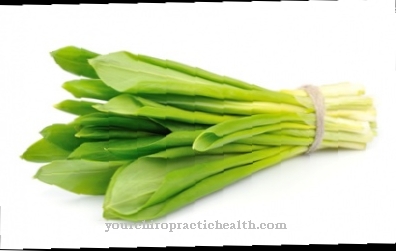The so-called real one Black cumin (lat. Nigella sativa) belongs to the buttercup family and, contrary to its name, has nothing to do with the well-known spice caraway or cumin.Black cumin is best known in the Islamic culture as its health-promoting properties are already mentioned in the Koran.
Occurrence and cultivation of black cumin

Botanically it is the Black cumin around an annual plant with a height of about 15 to 50 cm. The plant is slightly hairy and has a stem with characteristic striations in the upper area. The leaves are pinnate and have pointed ends.
There are single row petals around the pistil. These are oval and short-lived. The plant has ten honey leaves and numerous stamens. The fruits are closed and puffed up, the seeds triangular and wrinkled. The regions of origin of the plant are Iraq, Turkey and Western Asia. However, they are also found in India, Africa and Europe.
Effect & application
The products made from black cumin are diverse, as are their uses and effects. Black cumin has been used as a spice and remedy for thousands of years. The taste is reminiscent of the conventional caraway. The black seeds, reminiscent of burnt sesame seeds, are often found on flatbread. The seeds are available pure or ground. The pressed oil is also one of the usual forms of administration.
Due to the excellent nutty taste of black cumin, it is ideal for refining many salads and dishes and can also be enjoyed simply drizzled on bread as an alternative to spreadable fats. Black cumin powder is also used as an egg substitute for the preparation of vegan dishes. Products based on black seed oil are also available in the cosmetic area, for example for the skin and hair as creams and conditioners or as bath additives.
The ingredients responsible for the effect are essential substances that have a balancing and stabilizing effect on the body. In addition, the pressed mass of black cumin contains 21 percent high quality protein (amino acids) and a fat content of 35 percent. These fats consist for the most part (60%) of polyunsaturated fatty acids, which are essential for the immune system.
It also contains phytosterols and vitamins. The linolenic and gamma-linoleic acids contribute to the synthesis of immunoregulatory substances such as prostaglandin. They stabilize the cell membranes. The prostaglandin is a hormone-like substance that has an anti-inflammatory effect. Immune reactions, which can trigger chronic diseases, can thus be prevented. The formation of healthy cells is also promoted by the black seed oil.
In the Koran, the black cumin is said to be a panacea that only does not help against death, but otherwise against everything. For several decades, science has also been concerned with this interesting effect of black cumin on health. The effects claimed for black cumin could be partially proven, but not fully explained. Black cumin is said to be effective against pain, its antibacterial effect is supposed to inhibit inflammation, fight fungi and viruses, protect against oxidation and radiation, relieve cramps, induce interferon and protect the liver and kidneys.
It can also be used against diabetes and high blood pressure. Another area of application will be drug cessation and the fight against diseases caused by the Helicobacter pylori virus. As a preventive measure, black cumin is said to help against epileptic seizures. And even an effect against cancer is ascribed to it, since it is said to be able to inhibit a tumor necrosis factor.
Importance for health, treatment & prevention
Studies have shown that the spread of cancer cells can be restricted if the patient regularly consumes black cumin. Doctors at the Cancer Immuno-Biology Lab in South Carolina (USA) were able to prove that black cumin has a stimulating effect on neutrophil granulocytes.
These are white blood cells that are responsible in the body for fighting cancer cells that may appear. The black cumin stimulates the formation of bone marrow and supports the immune system. By increasing the interferon level, the cells are protected from harmful influences.
A dose of 1 teaspoon of black cumin oil 3 times a day is recommended. An improvement in general well-being should be noticeable after a few days. The oil can also help against skin diseases such as acne or psoriasis externally. It also has beneficial effects on insomnia and even hyperactive children can benefit from black seed.
In veterinary medicine, black cumin is used in large and small animals. Cats, however, do not necessarily tolerate the oil when used internally. Dog lovers who do not want to treat their dogs with chemical agents against parasites, on the other hand, swear by the effects of black cumin. Black seed oil is particularly known for its anti-tick effect, which is supposed to develop with just a few drops in the fur. A few drops of the oil as a feed additive should ensure that the dog's skin no longer smells good for parasites and consequently avoid the dog.
But the oil is also used in the case of allergies to feed components or environmental influences. The prostaglandins that black seed oil helps make in the body can help lower allergic reactions. Applied externally, the oil should also be able to help with minor injuries. Horse lovers also use the oil for the dental care of their animals, among other things.

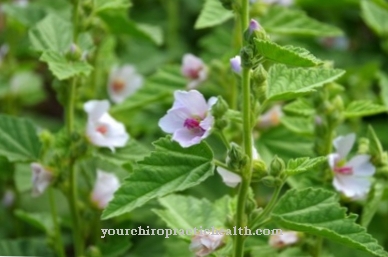


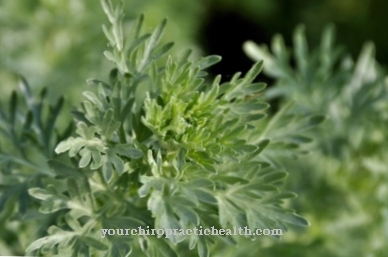
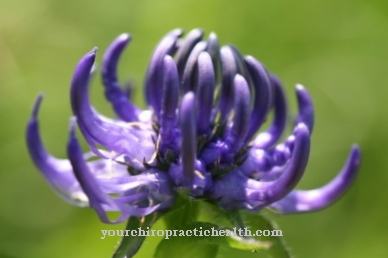
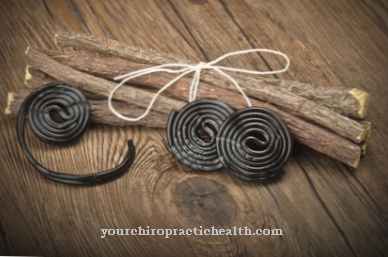




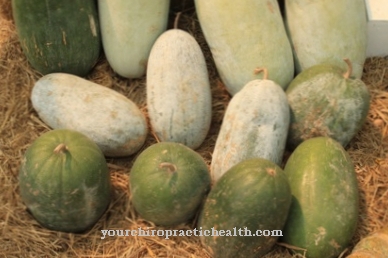
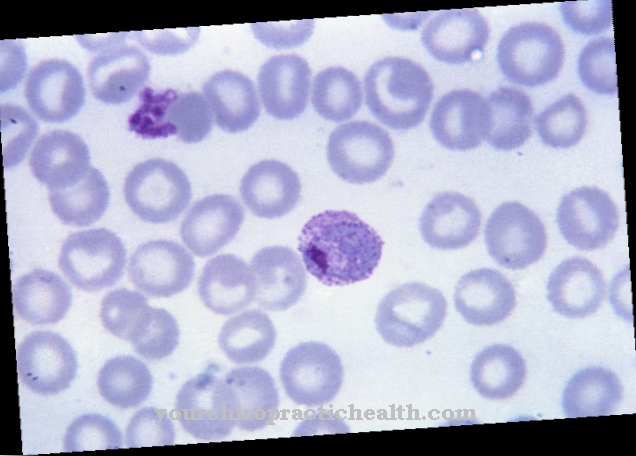


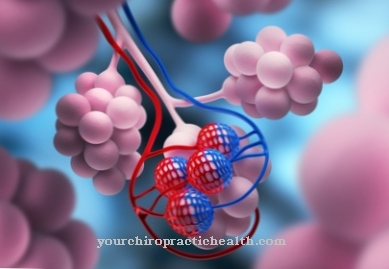








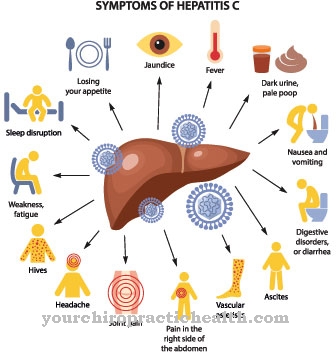
.jpg)


